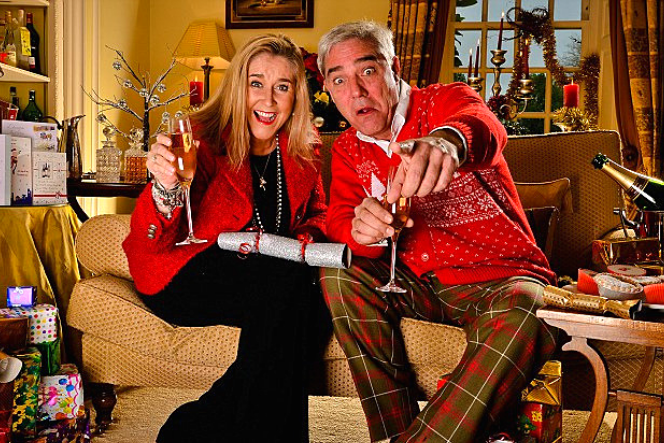Reality television is something you probably either really hate, or really love. Some think it’s trashy and others can’t get enough of the competition, catfights and drama. But how do you define exactly what reality TV is? The term can cover everything; from game shows to murder documentaries, and makeover series to paranormal hunts. Some of these might be expected to contain scripted or narrated components, while others are advertised as real events transpiring live on air. The uncertainty as to what constitutes as reality TV brings me to the question: is reality TV, well, real?
Whether or not you believe in the authenticity of reality shows, there’s no denying their popularity, especially in Australia. Three of the top-rated programs on Aussie TV in 2018 were reality TV shows, with Married at First Sight ranking in at number one, followed by My Kitchen Rules and The Block. Like most genres, as the popularity of reality TV grows, so does the criticism.
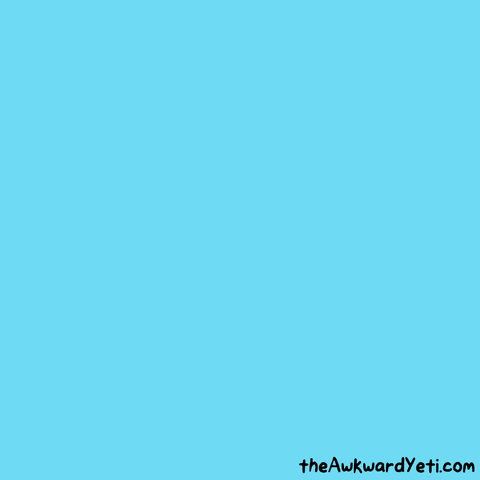
Each of these shows have had moments in the past that have left Australia scratching their heads, thinking, “did that really just happen?” – which is a fair question. The structure of reality TV often allows for moments that create almost unbelievable situations which wouldn’t occur naturally in everyday life. Most reality TV shows follow some sort of ‘shooting script’, wherein hook-ups and bickering aren’t necessarily planned out, but challenges and obstacles that may cause this kind of controversy are. An example of this may be the ‘group date’ challenge from The Bachelor, or the separation of contestants with the half-way house from Big Brother. These situations unfold intentionally, with the genuine reactions that follow acting as the ‘reality’ part.
This structural tactic might be a little more obvious to viewers – I mean; the participants are referred to as “contestants” after all. But producers can also amp up the drama with a little more subtlety. ‘Frankenbiting’ is an editing tactic used more often than you’d think in reality TV shows, where different clips are put together to create a new scene. This type of editing is mainly used as a way to cut down episodes to fit the half-hour slot – who would want to watch endless hours of a bunch of people cleaning, sleeping, and doing all the other mundane stuff that the constantly rolling cameras would catch? However, ‘frankenbiting’ could go from cutting out long pauses from a conversation, to as far as cutting out an entire apology or sincere talk. Different clips from a multitude of conversations can be put together to create an argument that never even happened! In fact, a number of contestants have come out over the years to say their words or actions had been taken out of context due to this exact type of selective editing.
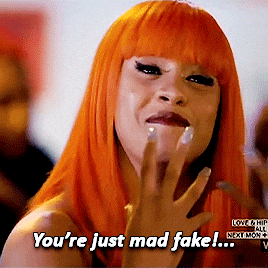
This type of structure is maintained, however, because it works. But does this equate to reality TV being totally fake? No, not exactly.
Because even if such a show existed that lacked any sort of competitive edge or “shooting script”, and no editors were assigned to stir some trouble with sneaky scene cuts, it’s likely reactions and conflict would still arise. This is due to the atmosphere that the contestants are often put in – an unusual place; usually a mansion, for an unknown period of time, with complete strangers, no phones, no TV, and endless amounts of alcohol. Producers and cameramen are constantly hovering around, waiting for something juicy to happen. This clearly isn’t a normal situation one might find themselves in. Instead, it’s a recipe for disaster – or some quality entertainment, depending on which way you look at it.
And that’s exactly how the producers want it to be.
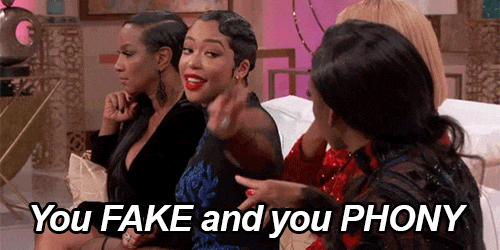
Nevertheless, even if viewers were given explicit proof that what happens on the screen was all faked, we’d still tune in, because that doesn’t make our reactions to what we’re seeing any less real. We are still watching a story unfold – one where there are winners and losers. According to psychologist Dr. Jana Scrinavi, part of the reason we love reality TV so much is because we feel connected to those we sit down to watch every week. We get to comment on their actions and feel things with them; excitement and joy or embarrassment and disappointment. We create para-social relationships with the contestants that we root for, which allows us to experience their situations as if we know them personally. Even better, we often aren’t watching to see people fail – quite the opposite actually. Most viewers are watching in the hopes that their favourite will win, whether that’s money, love, or a new career as a model or top chef – we want to see people succeed.
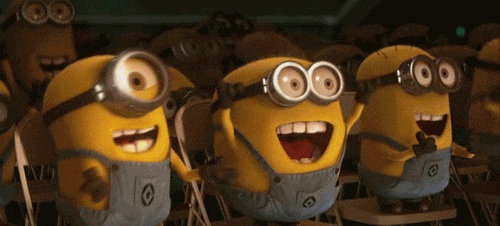
In the end, reality TV tells a story like any other show does, in the most relatable way possible – with an onslaught of characters and personalities that we can see ourselves in, because they too are real people – at least, they might be. Reality TV is likely to continue as being a top genre on Australian charts, with families and friends tuning in each week to cheer on their favourite contestants from the comfort of being behind the screen, not on it.
Featured image source

